THE ORIGIN OF THE COMMON SAYING
Added on: 8th Dec 2014
BITE THE BULLET
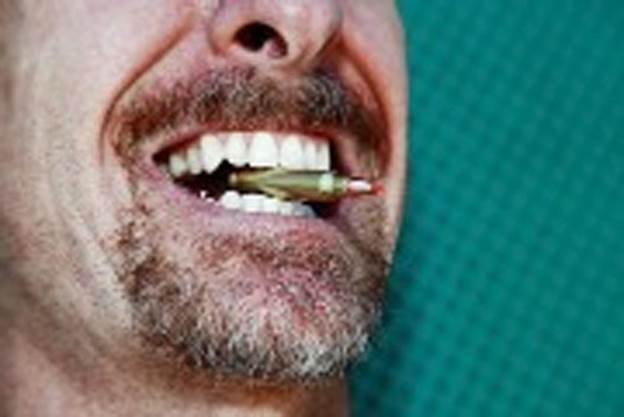
Meaning: Accepting something difficult or unpleasant
History: There was no time to administer an anaesthetic
before emergency surgery during battle. The surgeon made
patients bite down on a bullet in an attempt to distract them
from the pain.
BLOOD IS THICKER THAN WATER

Meaning: Family comes before everything else
History: In ancient Middle Eastern culture, blood rituals
between men symbolized bonds that were far greater
than those of family. The saying also has to do with
“blood brothers,” because warriors who symbolically shared
the blood they shed in battle together were said to have
stronger bonds than biological brothers.
BREAK THE ICE

Meaning: To commence a project or initiate a friendship
History: Before the days of trains or cars, port cities
that thrived on trade suffered during the winter because
frozen rivers prevented commercial ships from entering the
city. Small ships known as “icebreakers” would rescue
the icebound ships by breaking the ice and creating a
path for them to follow. Before any type of business
arrangement today, it is now customary to
“break the ice” before beginning a project.
BUTTER SOMEONE UP
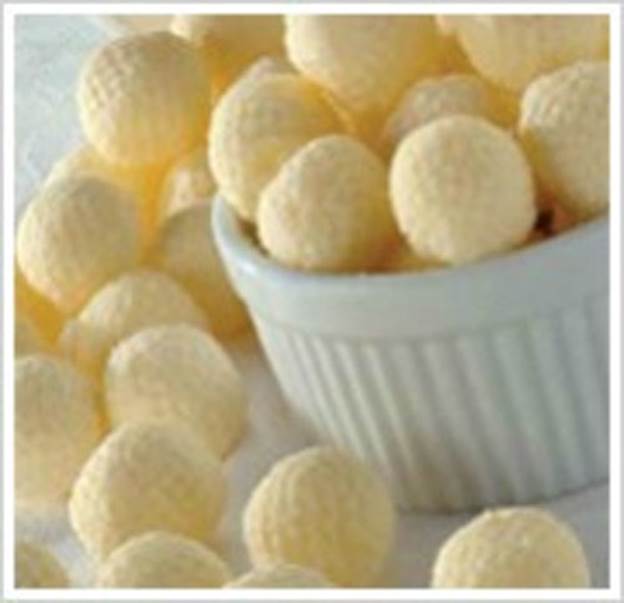
Meaning: To flatter someone
History: An ancient Indian custom which involved throwing
balls of clarified butter at statues of the gods to seek favour.
CAT GOT YOUR TONGUE?
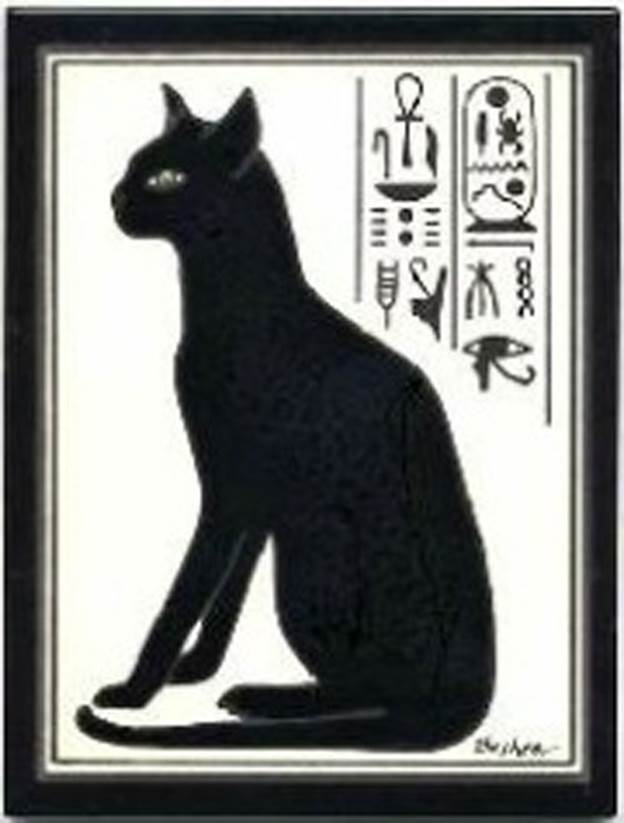
Meaning: Something said when a person is at a loss for words
History: There are two possible sources for this common saying.
The first refers to the cat-o’-nine-tails, a whip used by the
English Navy for flogging. The whip caused so much pain that
The victims were left speechless. The second refers to the
practice of cutting out the tongues of liars and blasphemers
and feeding them to cats.
CAUGHT RED-HANDED

Meaning: To be caught doing something wrong
History: This saying originated because of a law. If someone
butchered an animal that didn’t belong to him, he had to be
caught with the animal’s blood on his hands to be convicted.
Being caught with freshly cut meat did not make the
person guilty.
DON’T THROW THE BABY OUT WITH THE BATHWATER

Meaning: Hang on to valuable things when getting rid of
unnecessary things
History: During the 1500s, most people bathed once a year.
Even when they did bathe, the entire family used the same
tubful of water. The man of the house bathed first, followed
by other males, then females, and finally the babies.
You can imagine how thick and cloudy the water became by
that time, so the infants’ mothers had to take care not to
throw them out with the bathwater when they emptied the tub.
EAT HUMBLE PIE
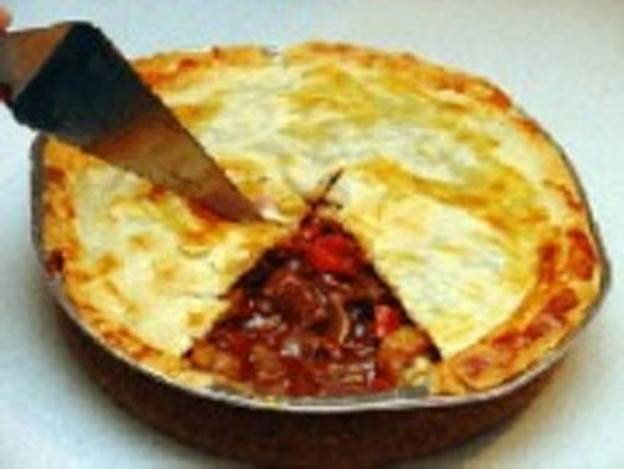
Meaning: Making an apology and suffering humiliation along with it
History: During the Middle Ages, the lord of a manor would
hold a feast after hunting. He would receive the finest cut
of meat at the feast, but those of a lower standing were
served a pie filled with the entrails and innards, known as
“umbles.” Therefore, receiving “umble pie” was considered
humiliating because it informed others in attendance of the
guest’s lower status.
GIVE THE COLD SHOULDER
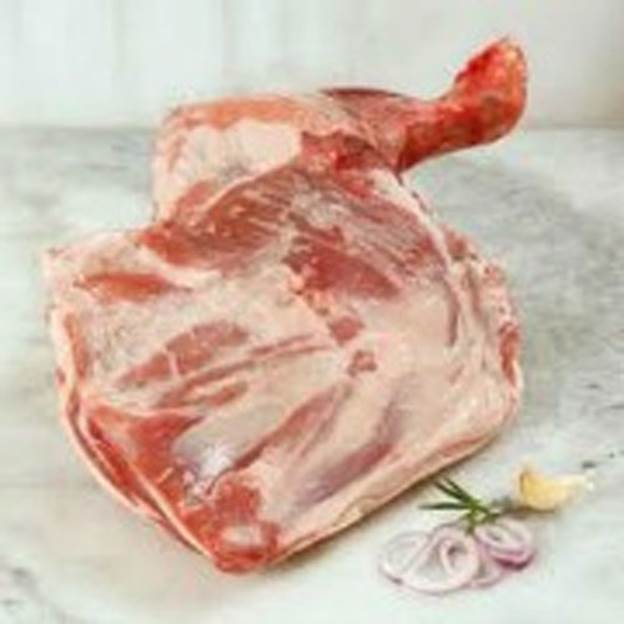
Meaning: A rude way of telling someone he isn’t welcome
History: Although giving someone the cold shoulder today is
considered rude, it was actually regarded as a polite gesture
in medieval England. After a feast, the host would let his guests
know it was time to leave by giving them a cold piece of
meat from the shoulder of beef, mutton, or pork.

Comment on this